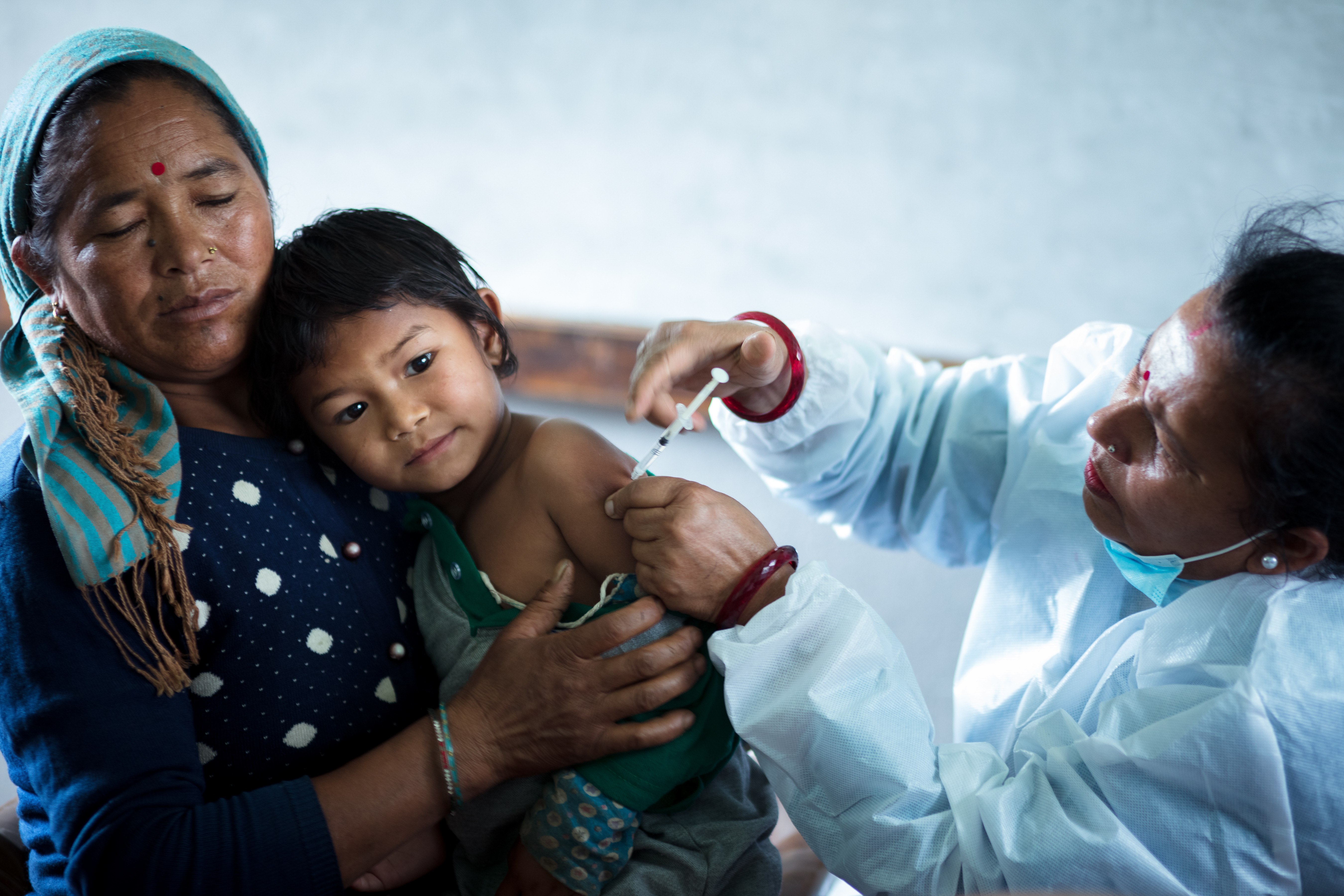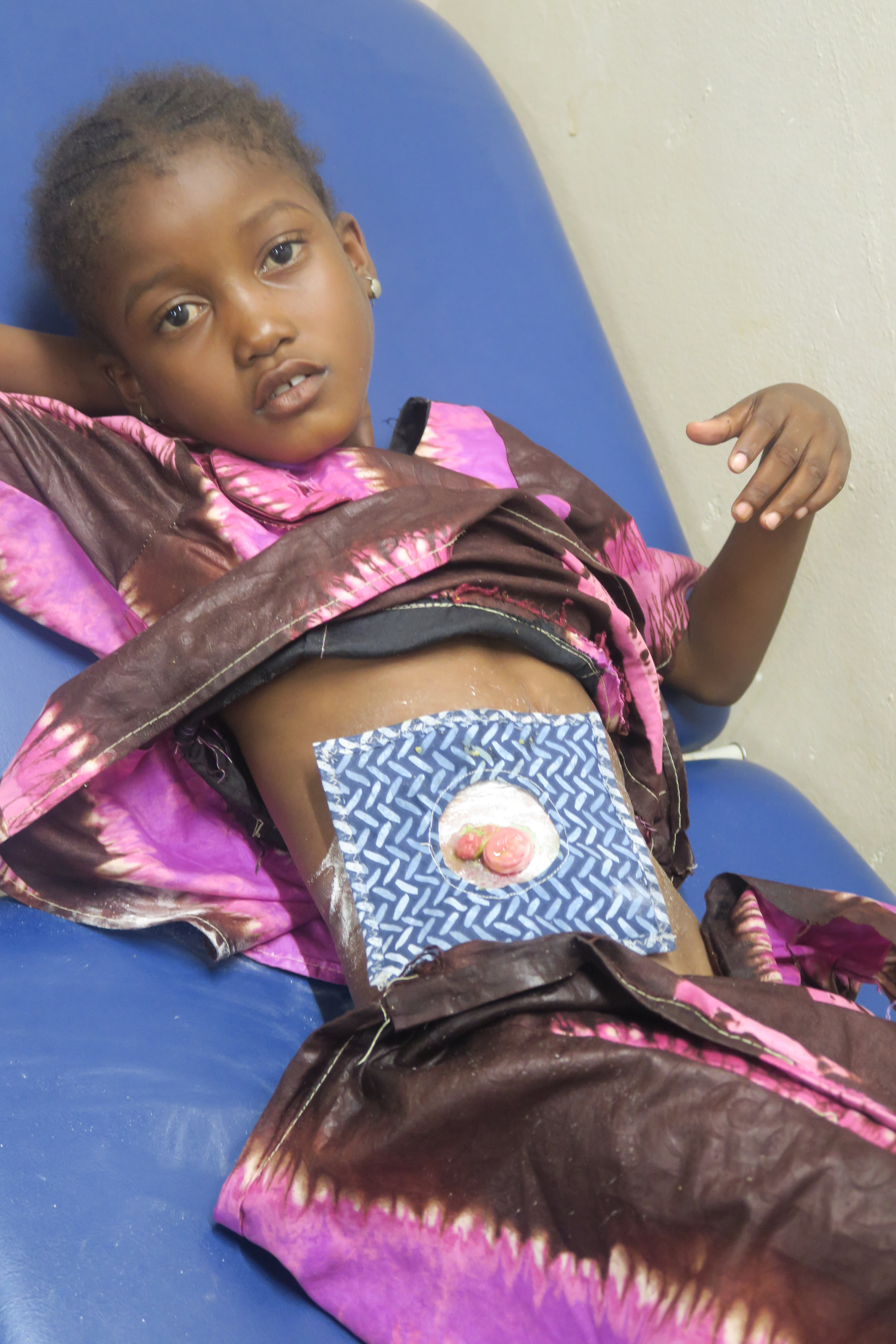ASTMH Annual Meeting 2025
blogMalawi, Niger, Nepal, and Bangladesh, where data are driving decision-making
By: Leslie Jamka, Tyvac, University of Maryland, Baltimore

Data are essential for understanding disease burden and vaccine decision-making, to improve health outcomes and our understanding of disease and treatments. But very often in many resource-challenged countries, data are limited or difficult to identify.
Data on typhoid can help us prevent and address the disease. Typhoid poses a considerable public health burden, disproportionately impacting children in low- and middle-income countries. The rapid emergence and spread of drug-resistant Salmonella Typhi threaten typhoid control efforts.
A single dose of typhoid conjugate vaccine (TCV) is safe, immunogenic, and effective in preventing typhoid for at least four years in Malawi, Nepal, and Bangladesh among children aged 9 months to 15 years. But what about special populations? Vaccine waning? Areas with severe disease or complications?
Below are studies at #TropMed24 that build our understanding of typhoid and create data to inform country decision-making.
- In HIV-endemic countries, there is a large population of HIV-exposed, uninfected children. Recent data show TCV is safe, well tolerated, and immunogenic in Malawian children; however, little is known about the response in this population. Vaccine-induced immunity is comparable in HIV-exposed and unexposed children. And, seroconversion is sustained for more than six months in HIV-exposed uninfected children after a single dose of TCV is administered at 9-11 months of age. Learn more: 6044 - One and two dose typhoid conjugate vaccine safety and immunogenicity in HIV-exposed uninfected and HIV unexposed uninfected Malawian children, 14-Nov at 11:15 AM, Convention Center Room 343/344.
- Researchers followed cohorts of children in Malawi, Bangladesh, and Nepal to evaluate TCV immunogenicity and protection 4-5 years after immunization. These studies generated data on medium-term protection in endemic areas. In both Africa and Asia, children vaccinated at a younger age showed the highest decline in immune response and protection. Learn more:
- 6565 - Typhoid conjugate vaccine duration of immunity and booster response in Malawian children, Poster Session A - #28, 14-Nov. 12-1:45 PM, Convention Center Hall I-1.
- 6058 - Protection conferred by a single dose of typhoid conjugate vaccine among Bangladeshi children after five years of vaccination: analysis of a cluster randomized controlled trial, 14-Nov, 11:15 AM, Convention Center Room 354/355.
- LB-9220 - Persistence of immune response at 4-5 years following a single dose typhoid conjugate vaccine (Vi-TCV) in Nepalese children, Poster Session B - #75, 15-Nov, 12 - 1:45 PM, Convention Center Hall I-1.
- Typhoid intestinal perforation (TIP) remains a problem in countries like Niger. TIP incidence provides information on typhoid burden in regions without access to blood culture. While we need better – more cost-effective – diagnostics, it is critical to look outside the box. In the case of TIP in Niger, clinical diagnosis is often based on surgical findings due to the lack of traditional blood culture data. Learn more: Typhoid intestinal perforations as an indicator of enteric fever disease burden in Galmi, Niger, 17-Nov, 12:40PM, Convention Center Room 353

Credit: SIM, Niger
- Additional typhoid data from Malawi – such as passive surveillance data being used to measure TCV effectiveness and impact – will inform TCV country introduction decisions in Africa and beyond. Learn more: 7360 - Measuring the effectiveness and impact of typhoid conjugate vaccine following national introduction in Malawi (MITIMA), Poster Session B - #75, 15-Nov, 12 - 1:45 PM, Convention Center Hall I-1.
Related Posts
By: Matthew Davis, Burness